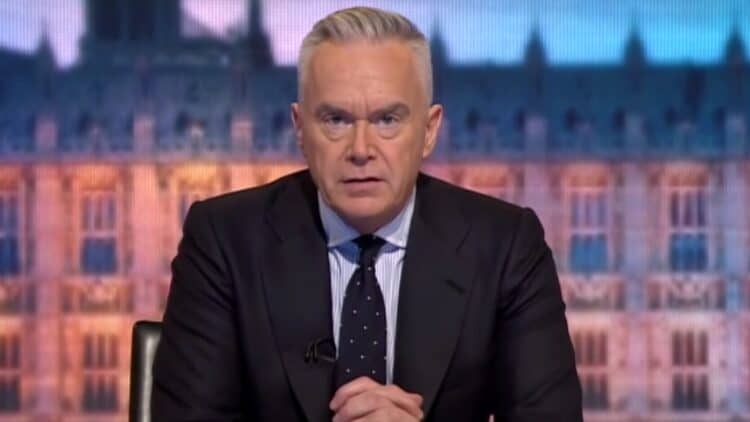Huw Edwards, the former BBC anchor, has been sentenced to six months in prison, suspended for two years, for accessing indecent images of children. This decision has sparked a debate on whether Edwards received preferential treatment due to his public profile. However, legal analysis suggests otherwise.
Edwards, aged 63, admitted to three charges related to the possession of indecent images of children as young as seven, which he received from convicted paedophile Alex Williams via WhatsApp. During his sentencing at Westminster Magistrates’ Court, Edwards, visibly tense, managed to avoid immediate imprisonment.
The sentencing has fuelled discussions on social media, with comparisons drawn to more severe punishments given to others for seemingly less severe crimes. Critics questioned if Edwards benefited from a “two-tier” justice system.
However, The Secret Barrister, a well-known anonymous legal commentator, has clarified that Edwards’ sentence aligns precisely with existing legal guidelines for such offences. According to the barrister, factors like Edwards’ early guilty plea were appropriately considered in sentencing, which is standard practice in the UK judicial system.
The Secret Barrister, referencing detailed sentencing guidelines, emphasised that while the public might disagree with the leniency of the sentence, the process did not favour Edwards unduly. “As somebody who has prosecuted and defended more of these cases than I can recall, this is the very outcome I would have expected,” they stated, firmly refuting claims of special treatment.
You may also like: Cleverly claims to fix ‘broken Britain’—but social media tears him apart







